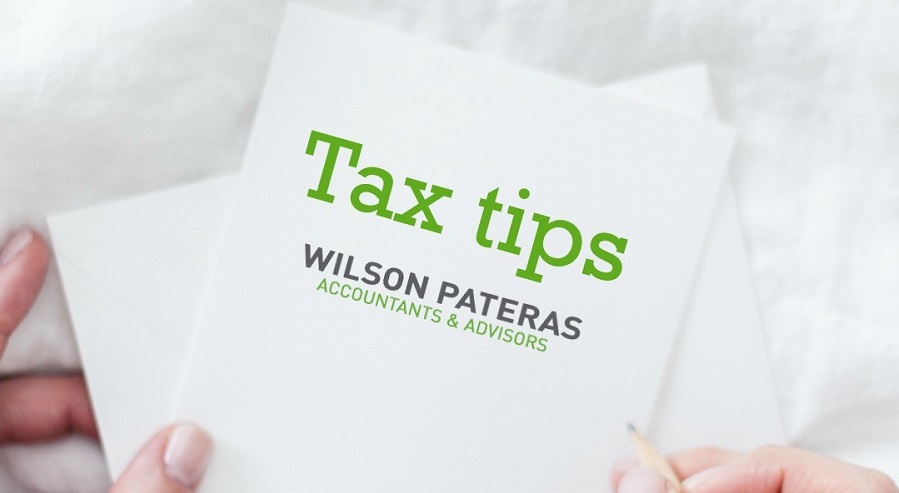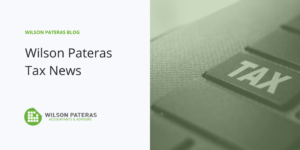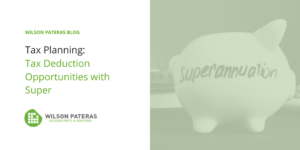
Managing tax is a pain for all small businesses and the self-employed. You want to be out there, earning yourself an income. Instead, you need to spend time figuring out expenses and revenues, completing BAS forms, and whatever other paperwork is thrown your way.
It’s important to get your tax under control, so you can avoid some potentially severe penalties, and make sure you’re not accidentally paying too much tax. Sadly, small businesses do make a lot of mistakes. Of this list of 60 common mistakes picked up by the Australian Tax Office (ATO), some of the most noteworthy ones include:
1) Having incomplete and missing tax invoices
For any purchase more than $82.50, you need to have a tax invoice if you’re claiming it as a business expense. What’s more, you need to keep those invoices for at least five years. So, small businesses often get caught claiming things they haven’t got records for.
2) Treating employees as subcontractors
Many small businesses try to pay their employees as subcontractors, as that allows them to avoid superannuation, sick leave, holiday pay and payroll tax. But, if the worker is performing work under your direction and control, has standard or set hours, has an ongoing expectation of work and doesn’t bear financial risks for the work they do, then they need to be treated as employees instead.
3) Failing to record sales through a cash register
This is a really common one for small retailers – taking cash from a customer and then not putting it through the register. Businesses have an obligation to keep records for all transactions, both revenue and expenses. Another common mistake is to take some money out of the register through the day to pay for a refund or personal use, and fail to reconcile the difference with the cash register tapes at the end of the day.
4) Claiming home office expenses
Small businesses owners often do work at home – they’ve got a room set up as a dedicated home office, with work computers and other equipment within. But often a small business owner will claim the deductions available for home office expenses, without necessarily having that dedicated working space.
5) Failing to keep stock records
An increase in stock value over a year is actually counted as assessable income (and a decline in value is an allowable deduction), so it’s important that you keep accurate records of your stock (which many small businesses don’t), and then make sure you value it properly.
Get the deductions right
One of the most common mistakes of all, however, is the deductions. Often small business owners don’t know exactly what they’re entitled to deduct, so they end up deducting more, or less, than they should, meaning they either miss out on a valuable return, or end up audited by the ATO, with steep penalties for mistakes.
Deductions that you’re entitled to claim include:
- Travel transport costs, for you or your employees, when the travel is explicitly for the purposes of work
- Motor vehicle expenses, if you’ve got a car that is only used for business purposes
- Repairs and maintenance of your business assets (machinery, appliances, land)
- Home office expenses when there is a dedicated space for work
- General operating expenses, including stationary, salaries, Internet and insurance.
Another tax tip worth keeping in mind is to pre-pay some of your expenses. Paying things like business loans, office and equipment leases, business insurance and telephone and IT services in advance can help significantly with reducing tax at tax time.
Avoiding the common mistakes made at tax time by small businesses is a simple matter of making sure that you keep accurate records, and all invoices related to your business activities. It’s also important that you’re able to explain any discrepancies between the tallies of expense and revenue sources, and activity that is reflected in your business bank account.
If you have any concerns about your ability to do this, you should consider consulting with a qualified tax agent, who will make sure that you’re in compliance.







